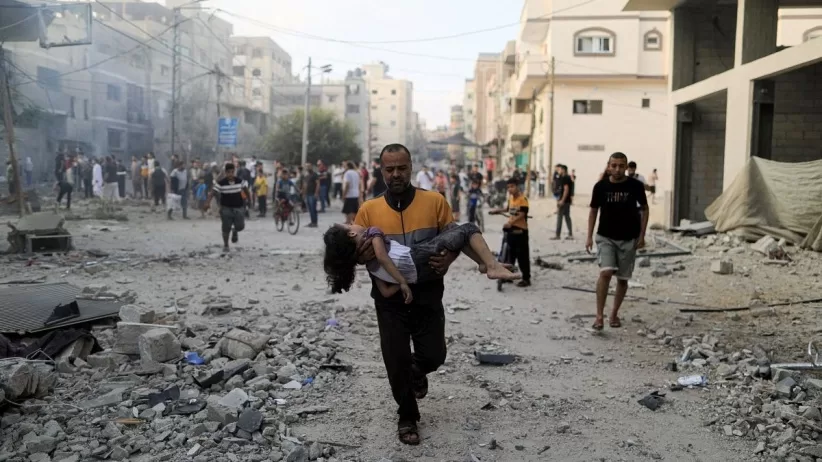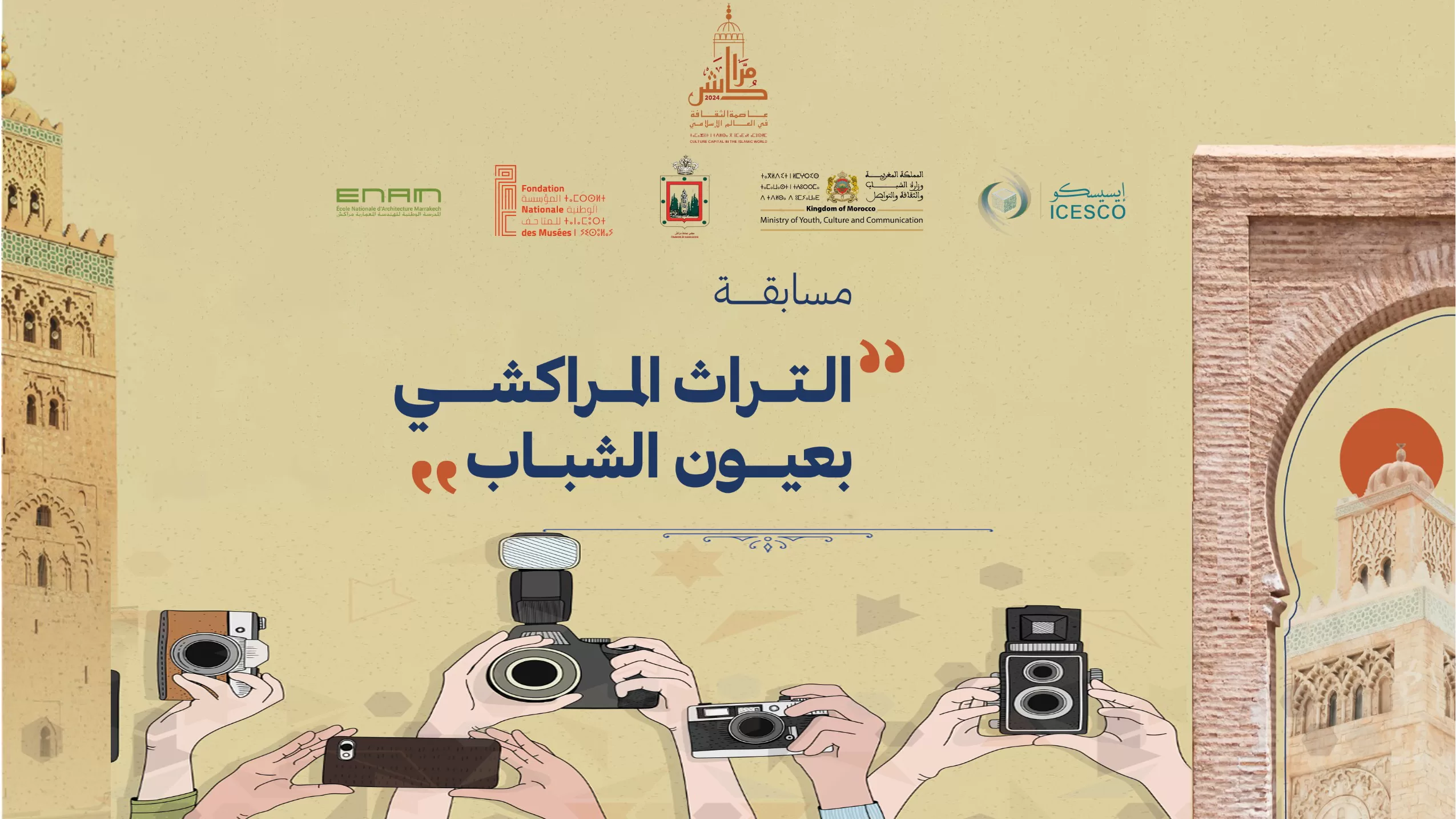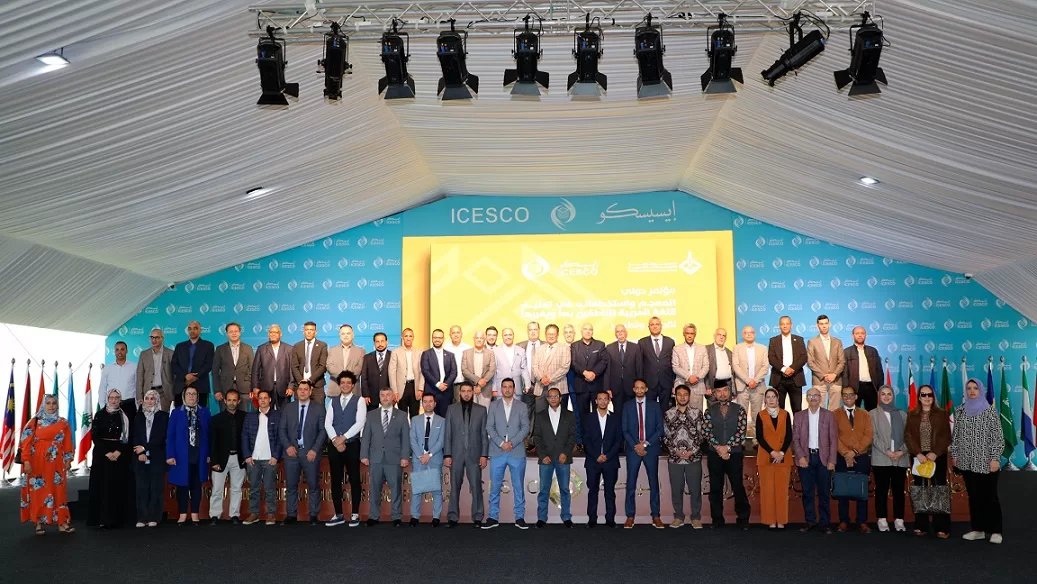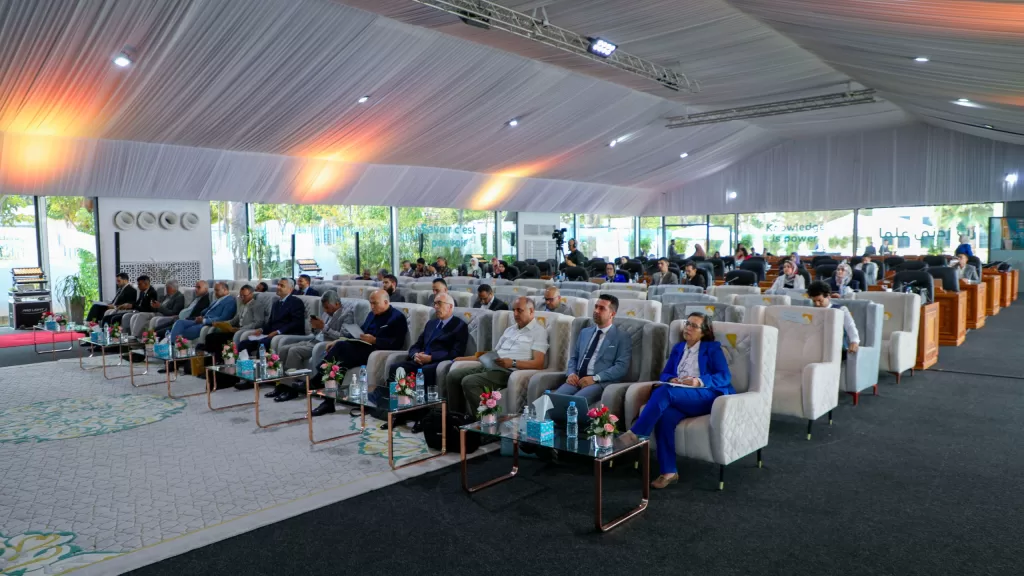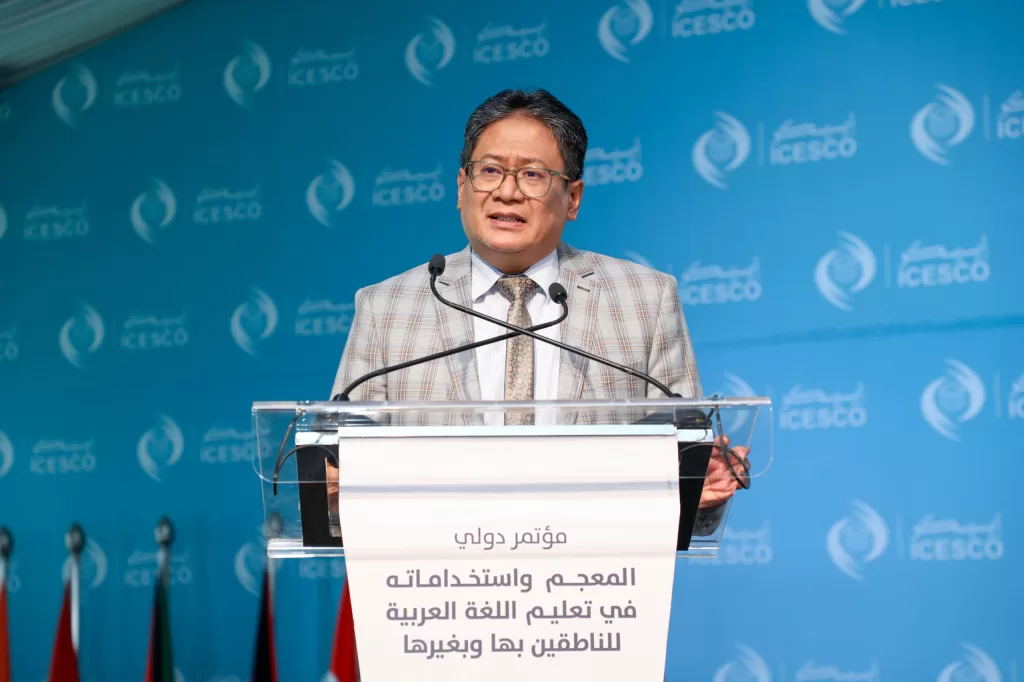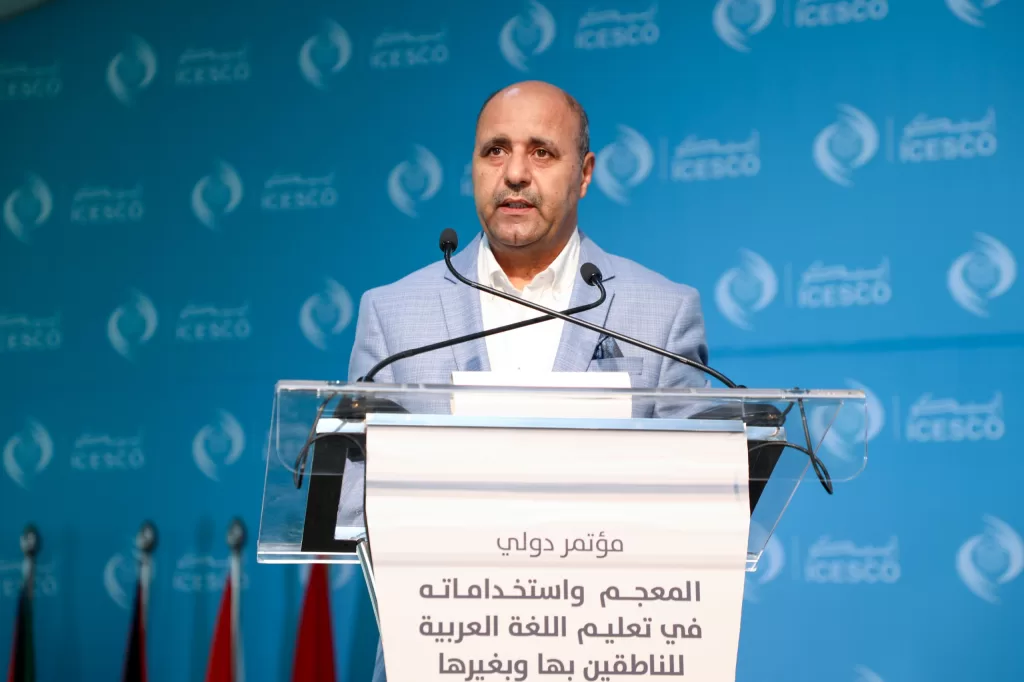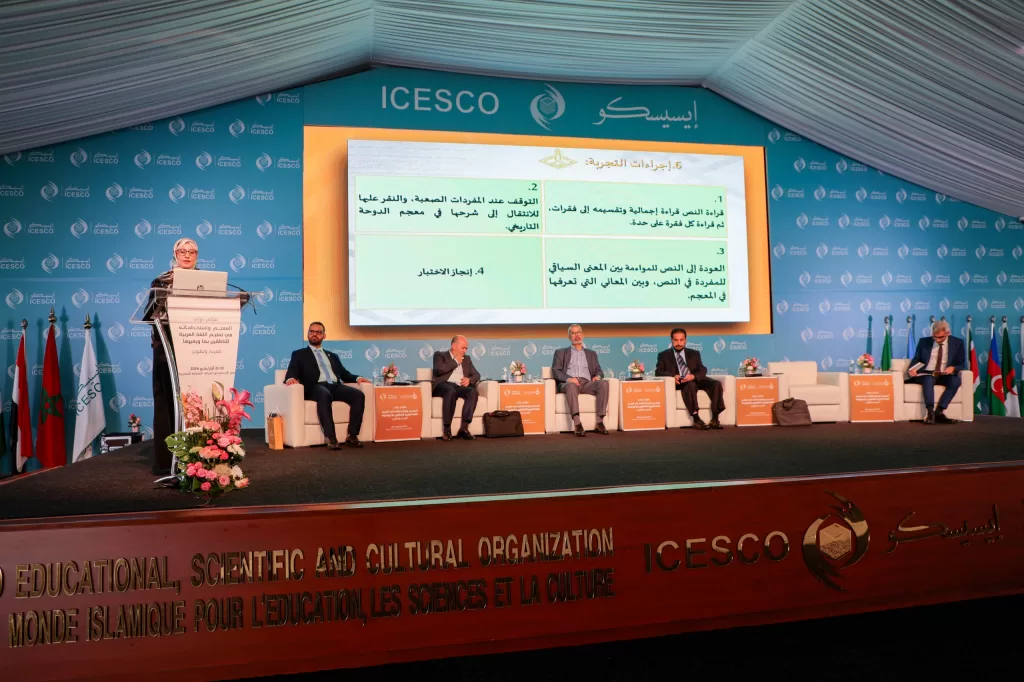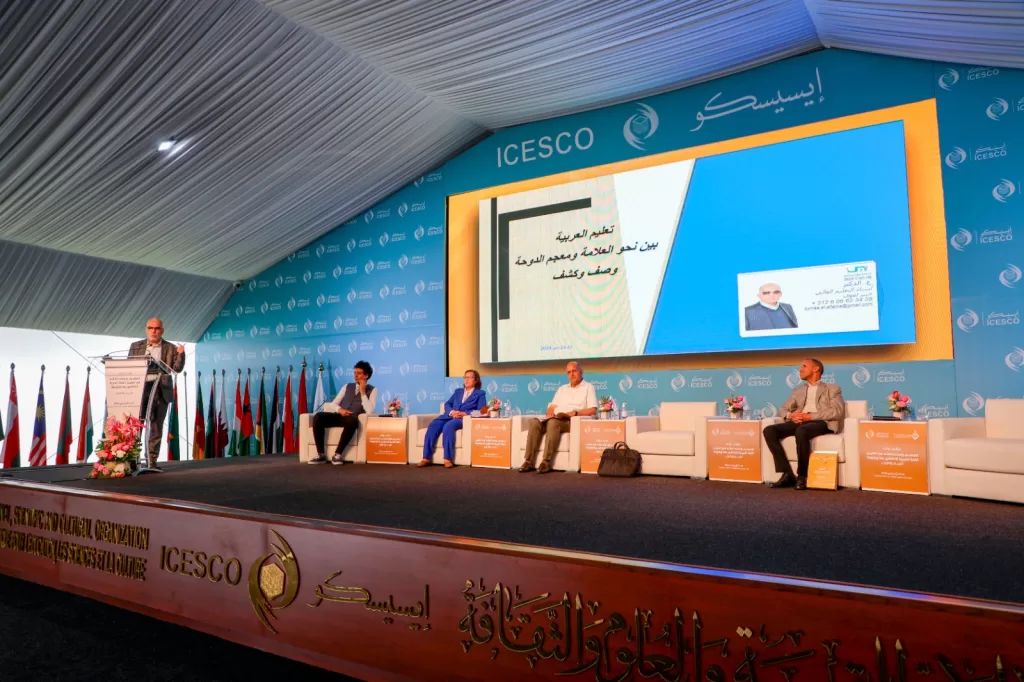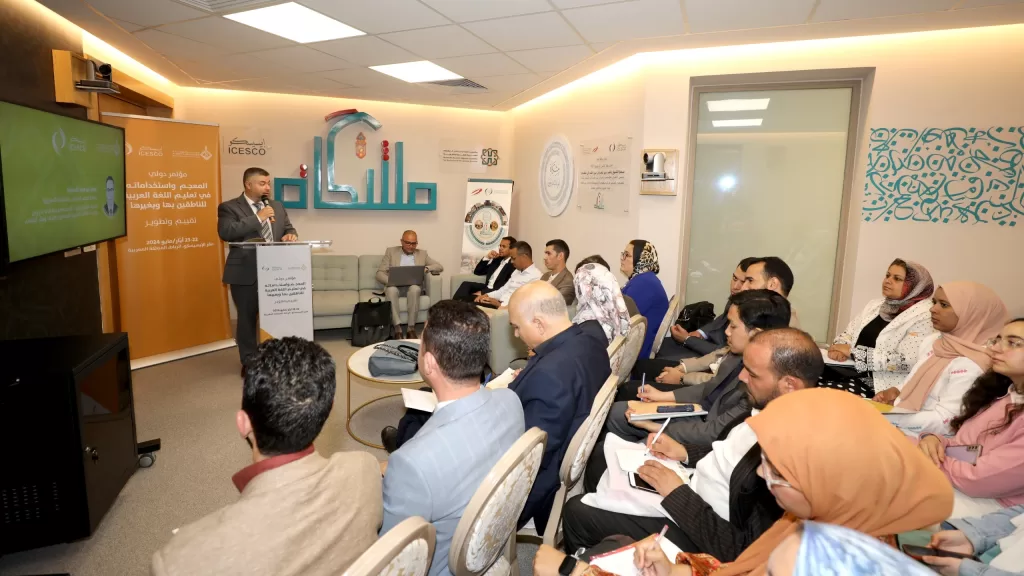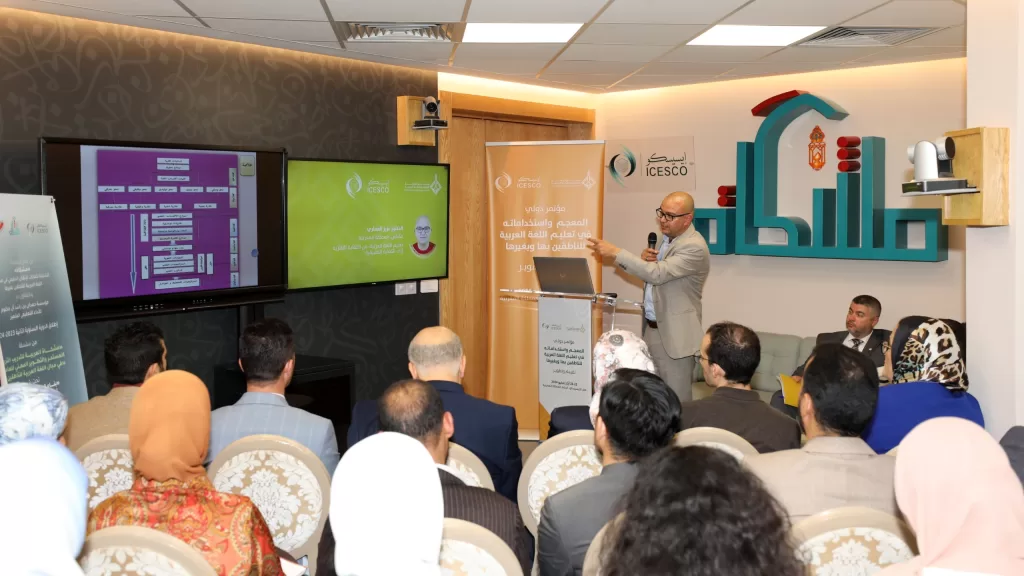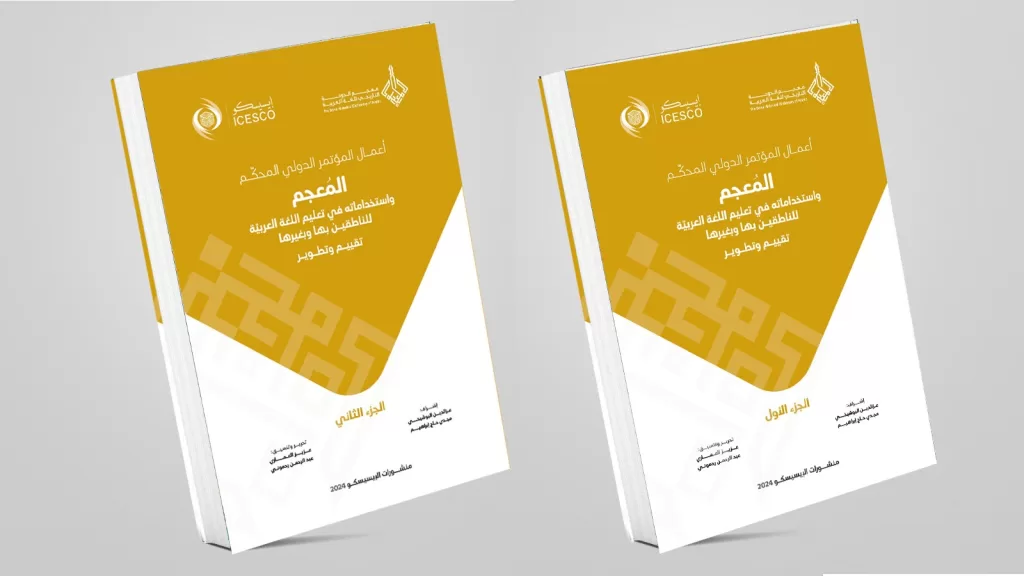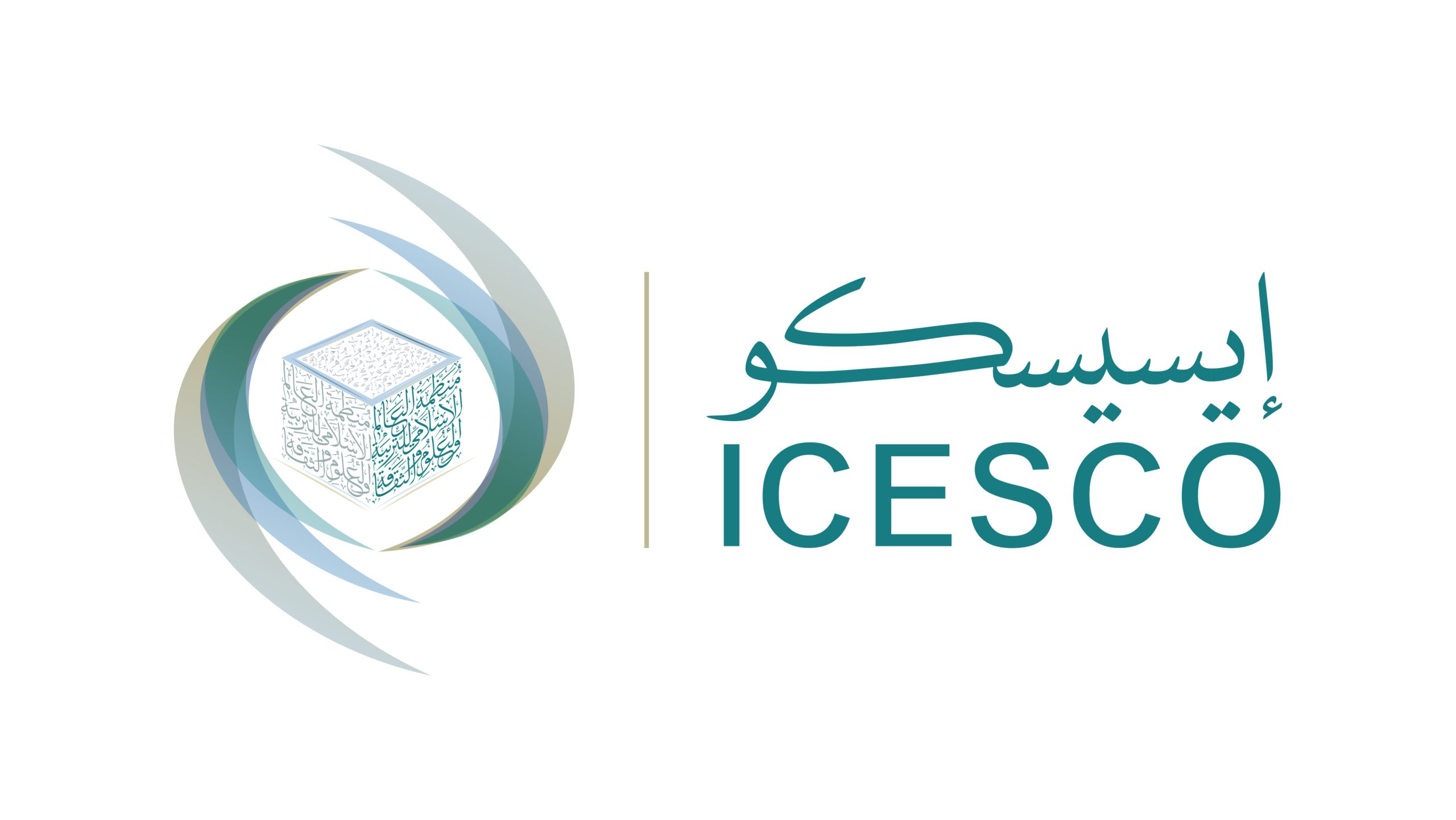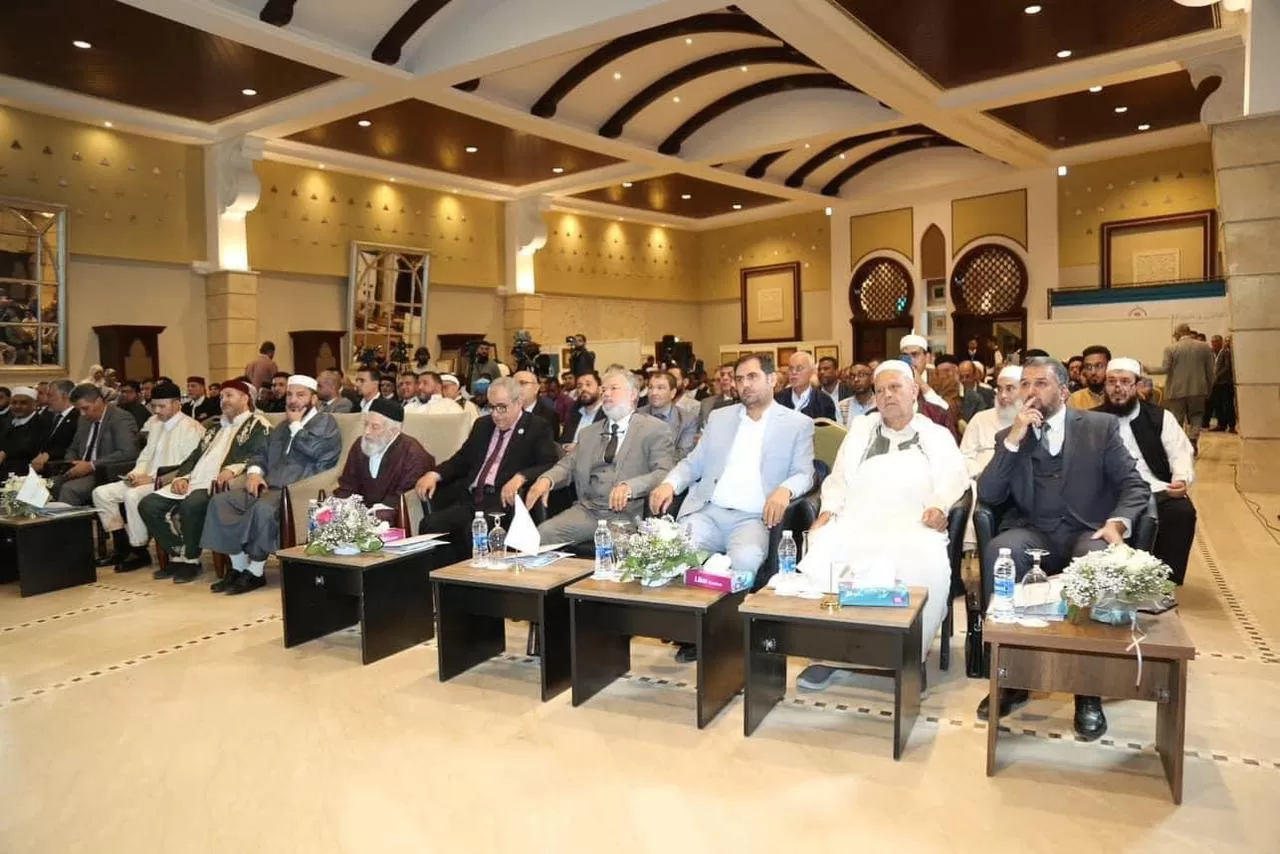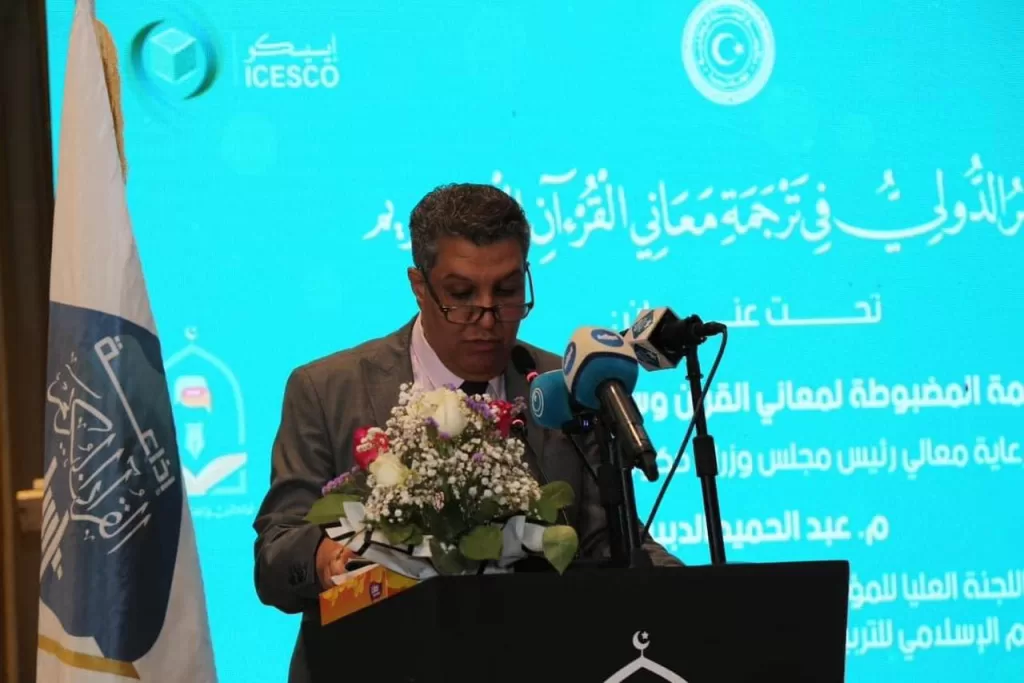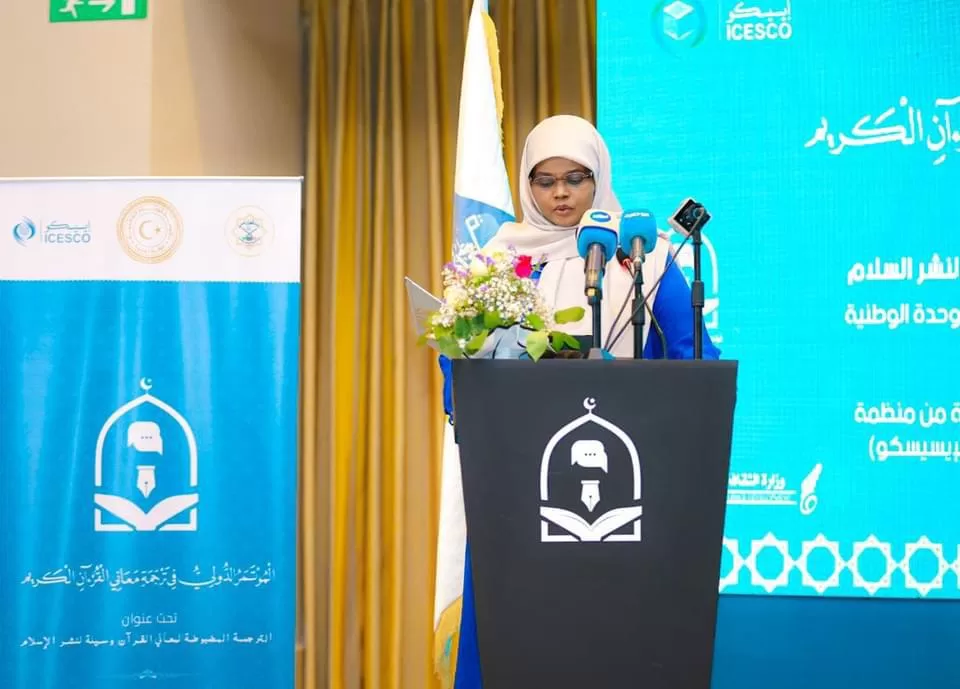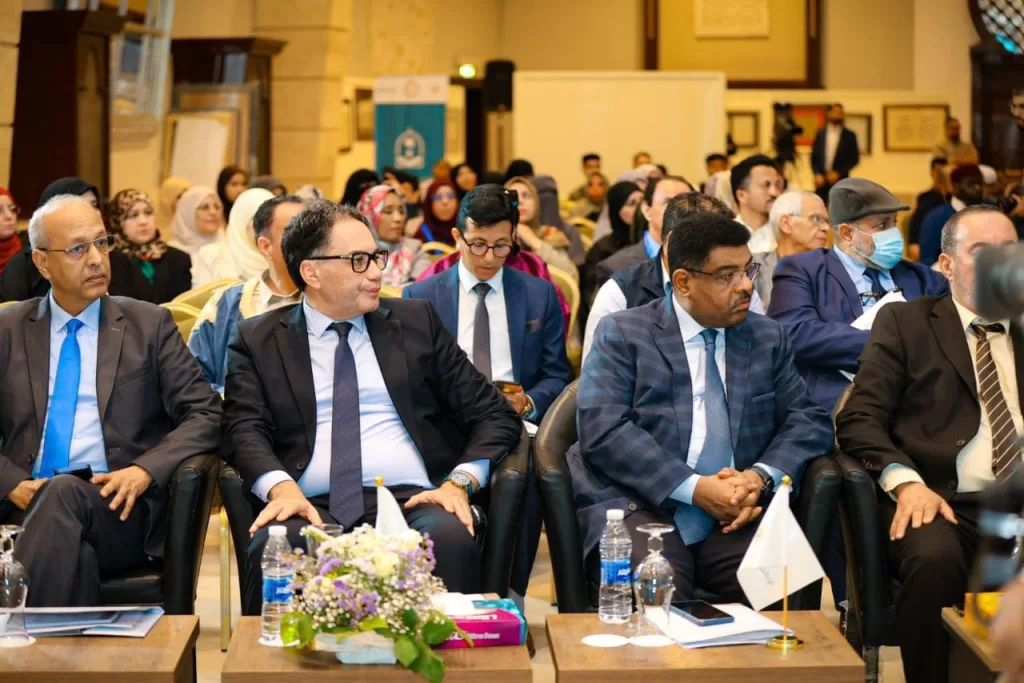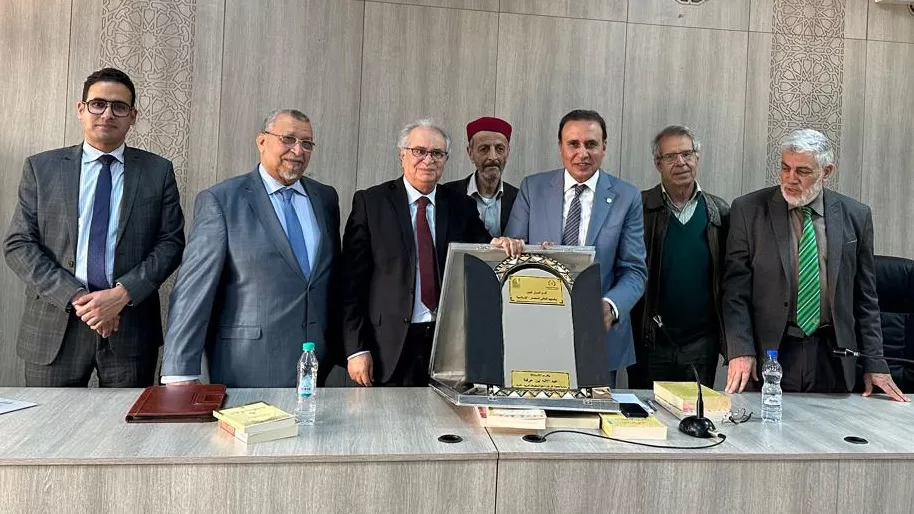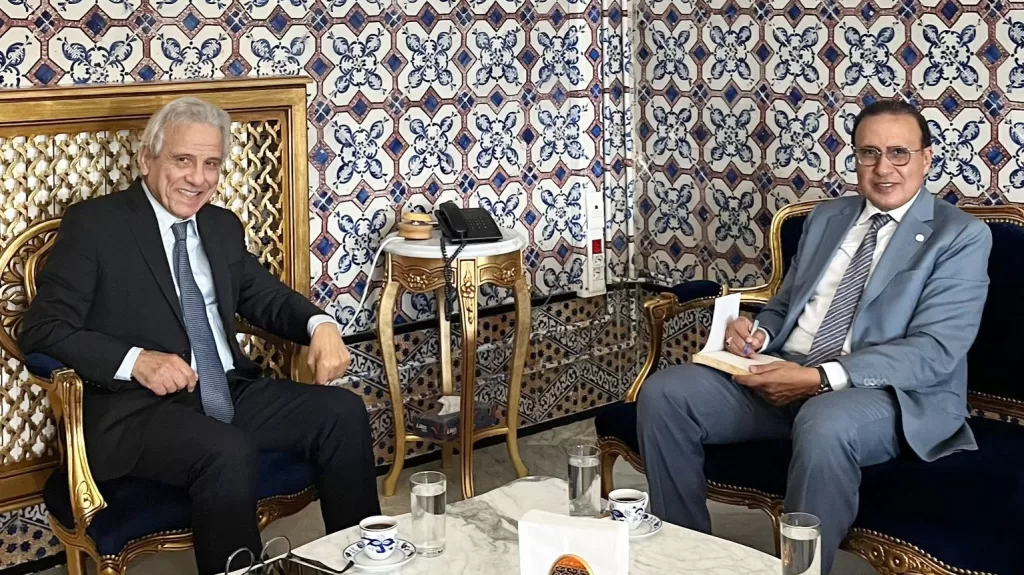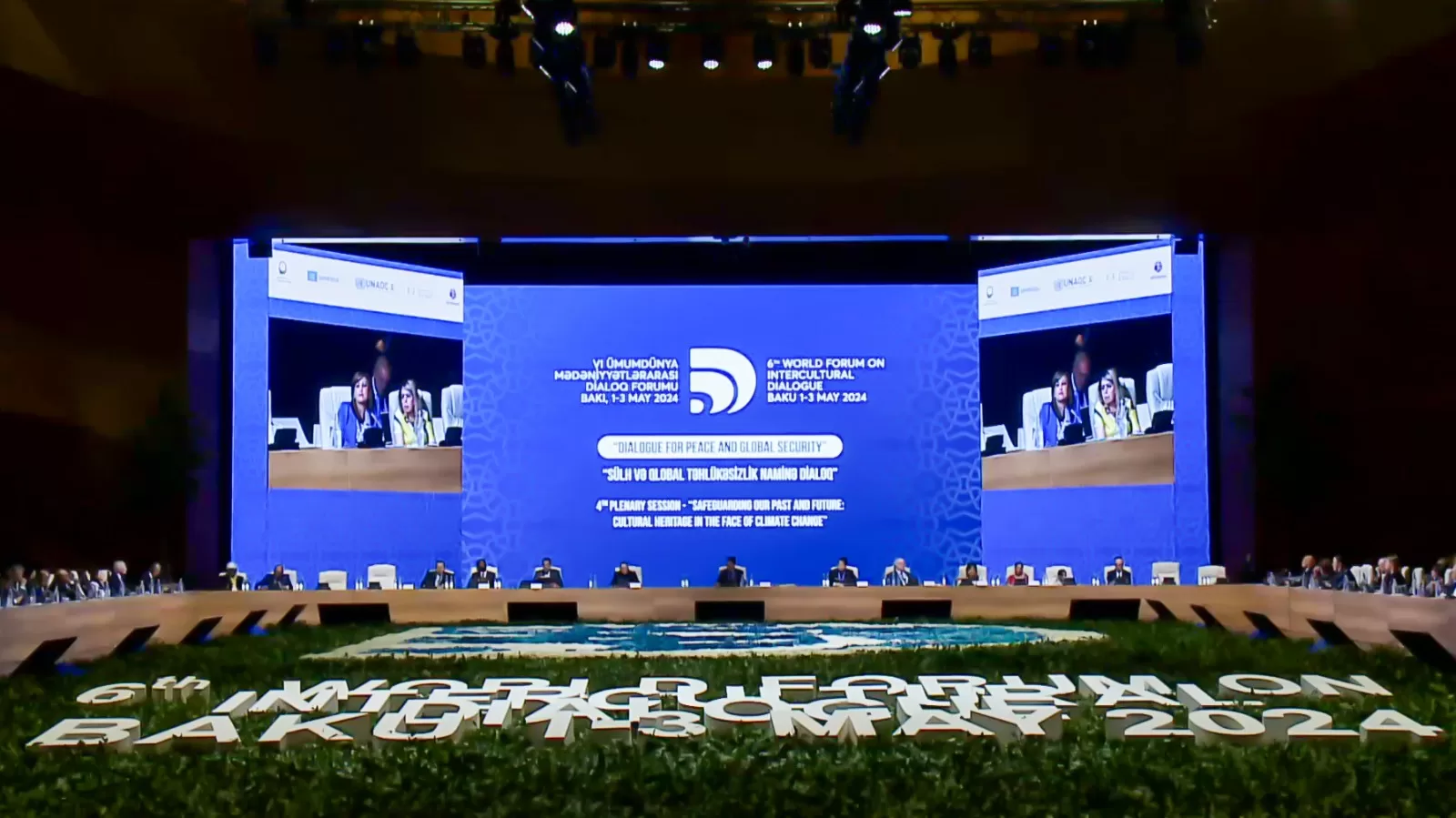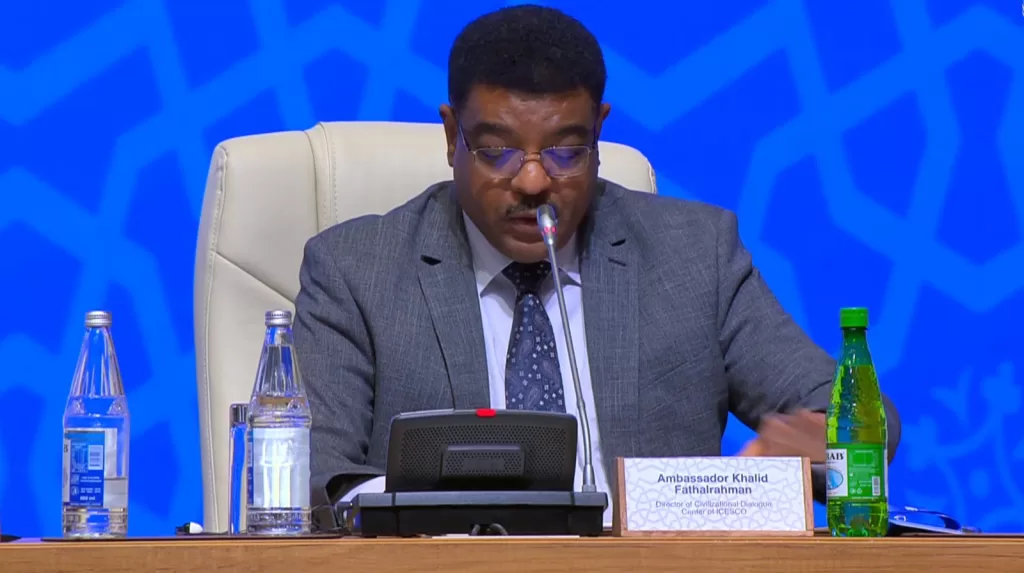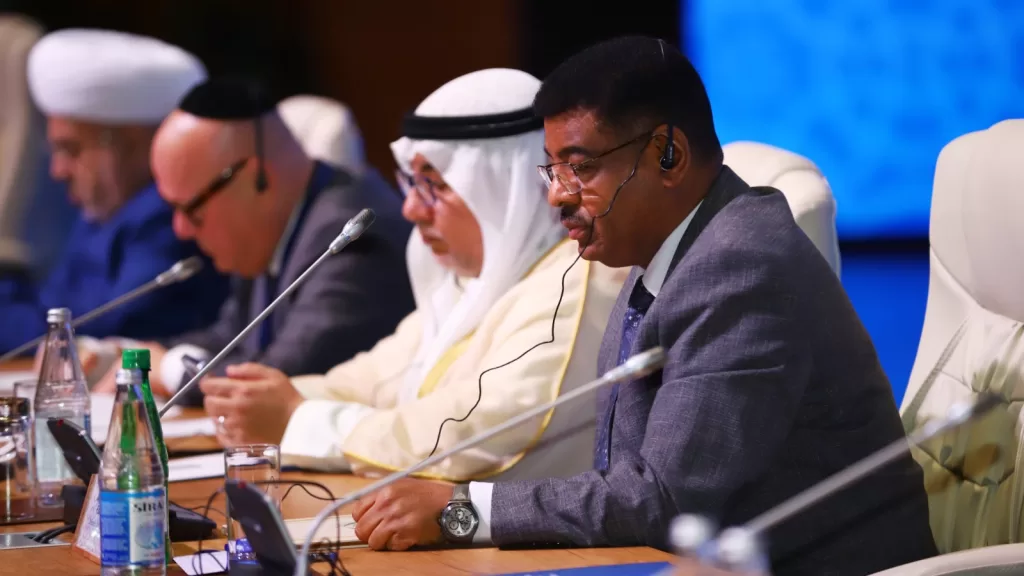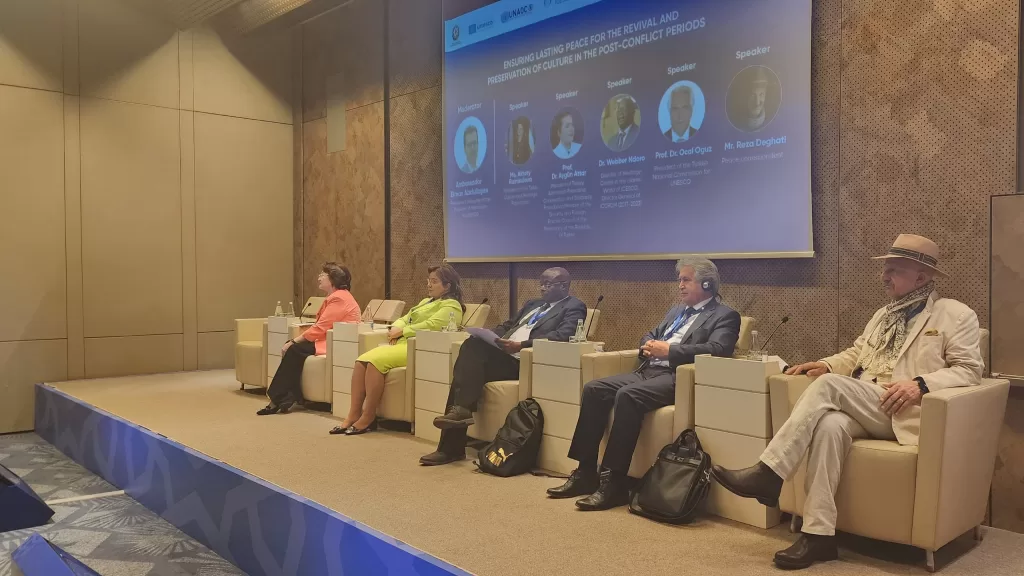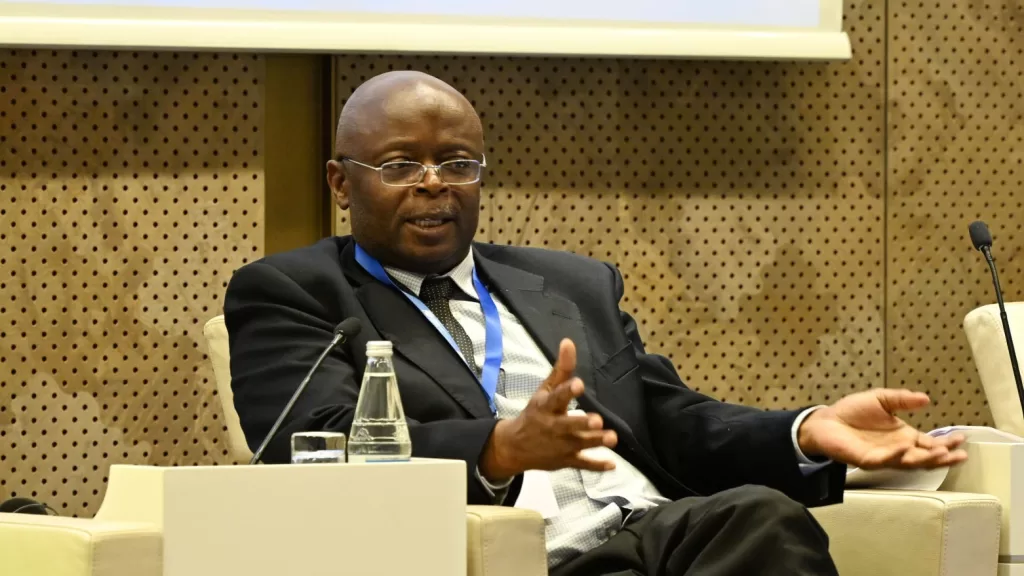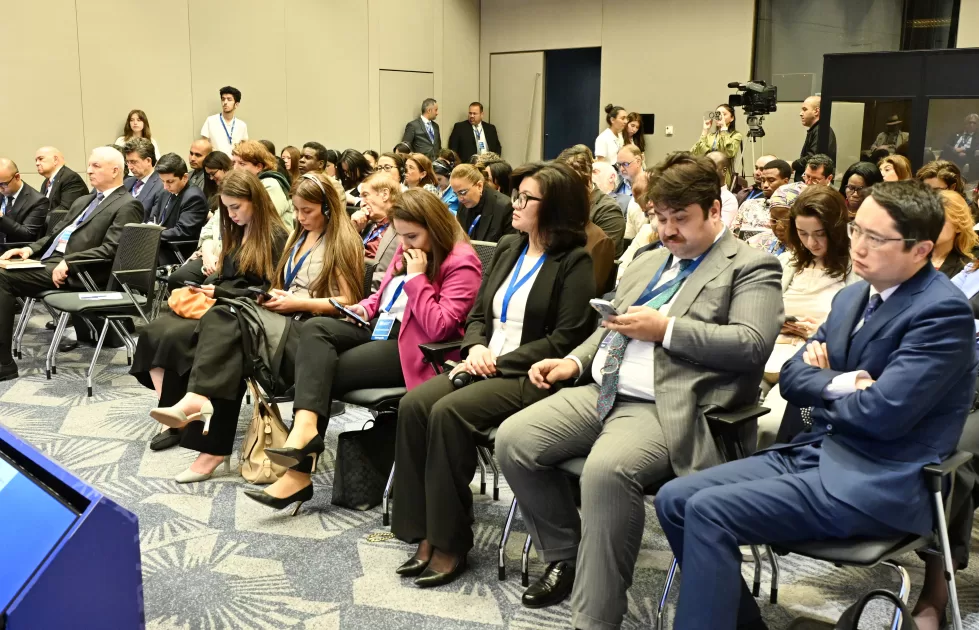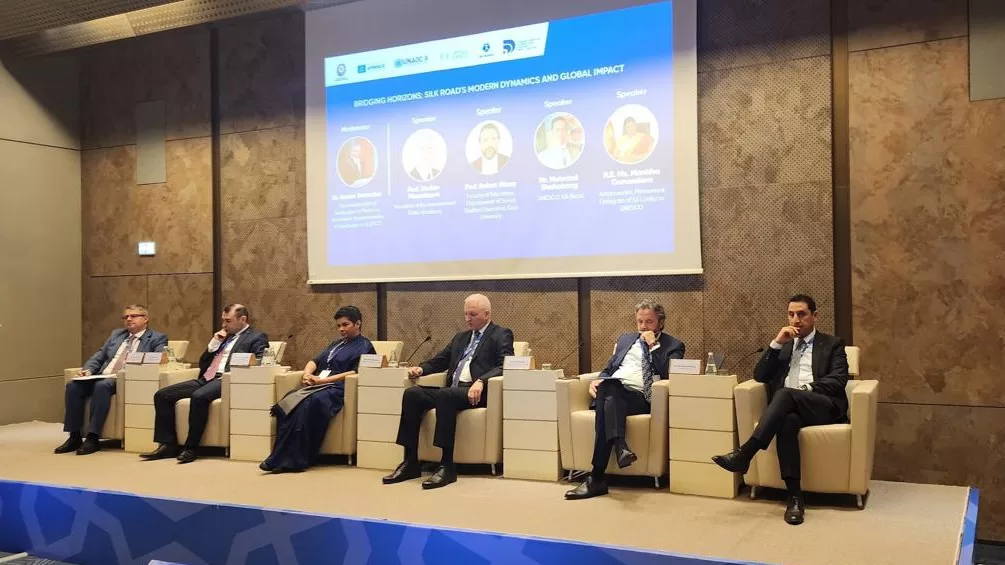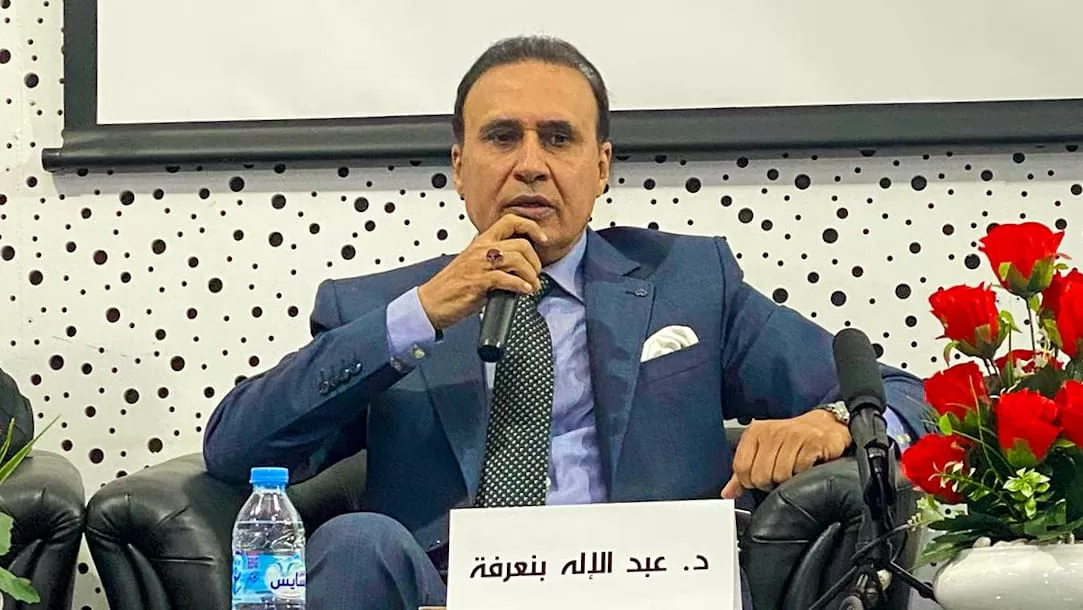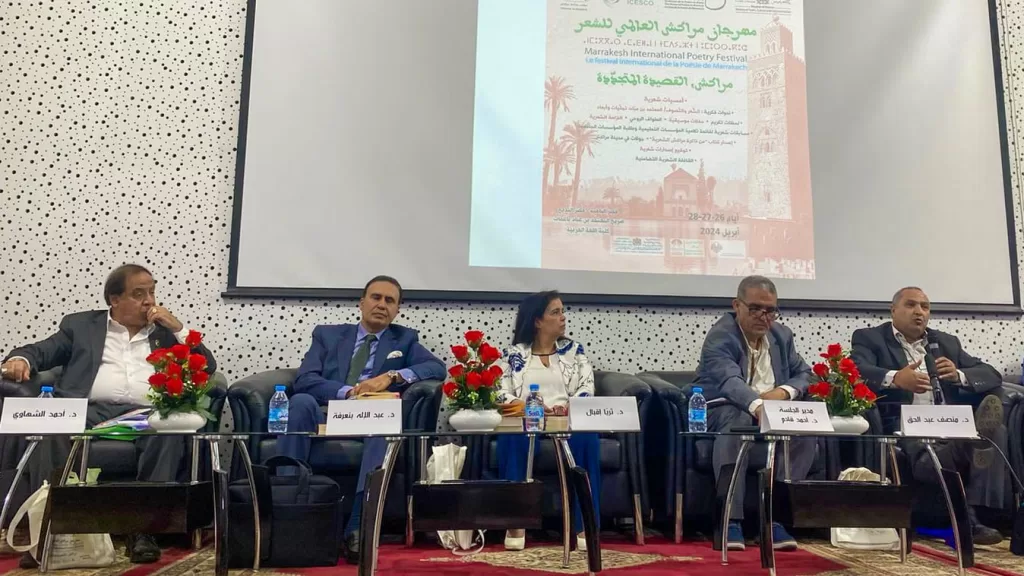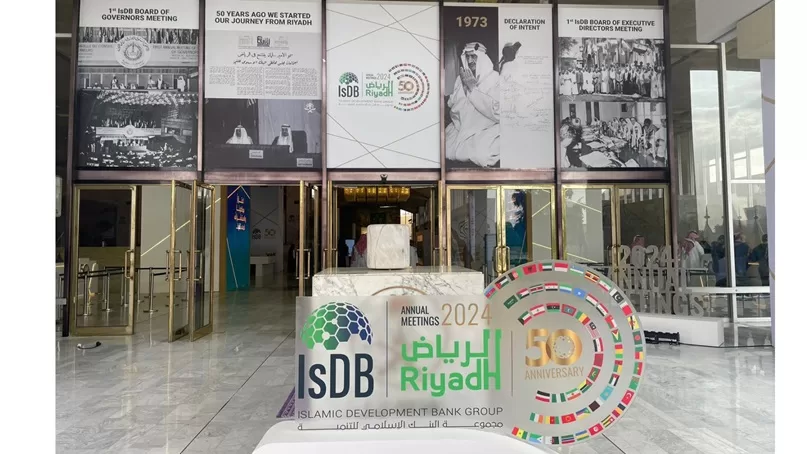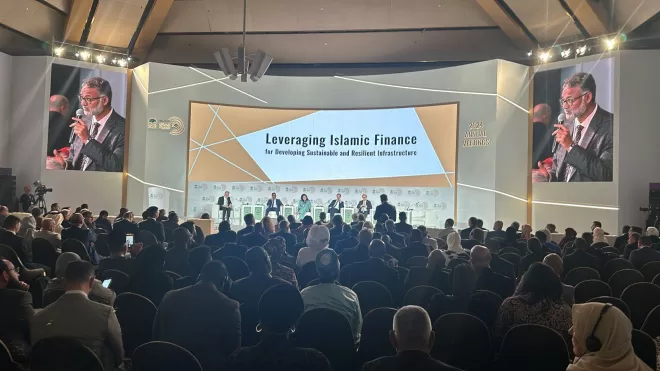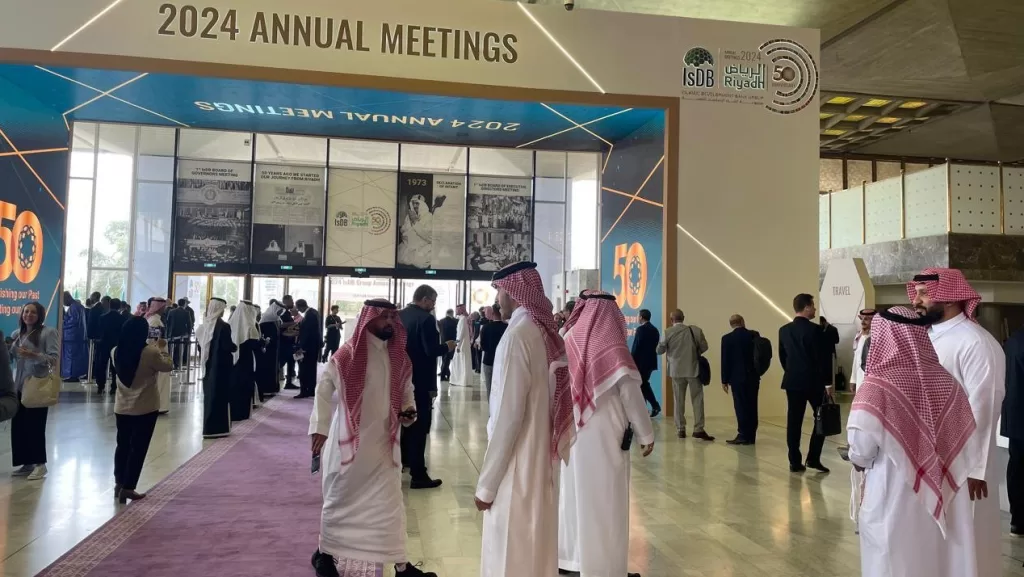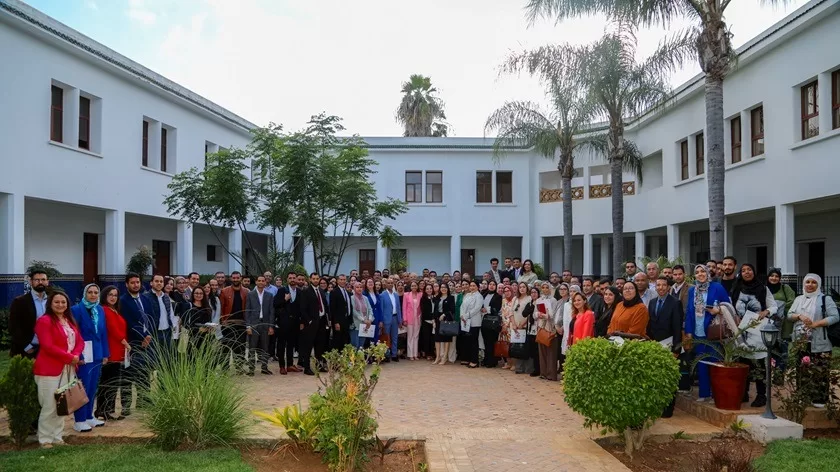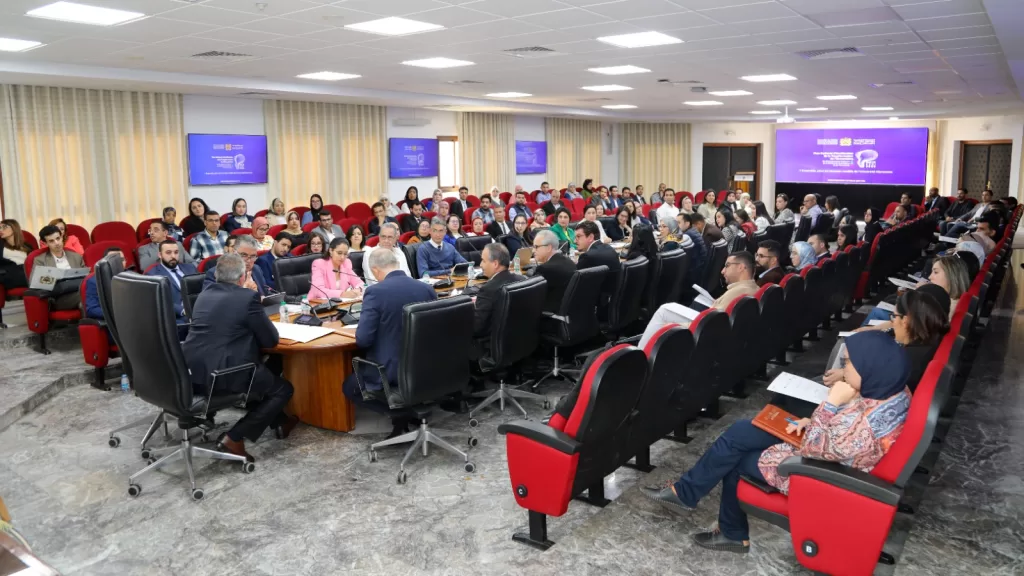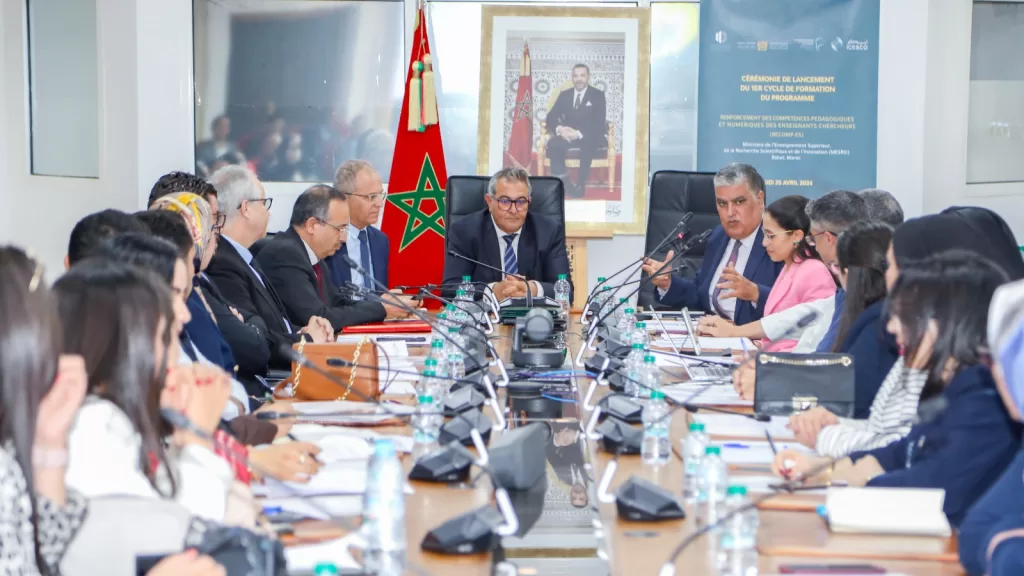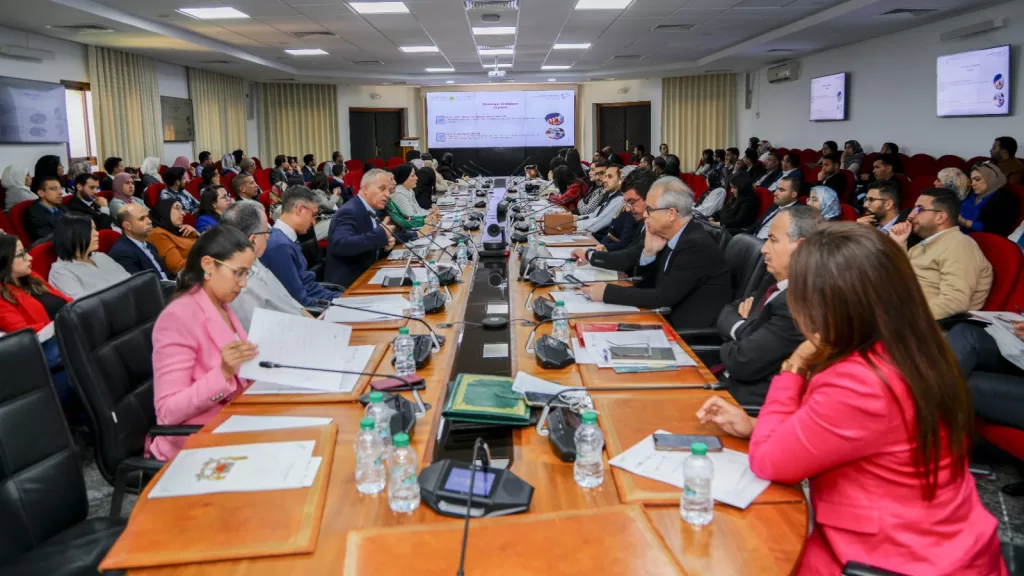Amid the brutal Israeli killings and destruction, the rate of which is unprecedented, and the hardhearted stance of the Zionist government on turning a deaf ear to all the global appeals to halt the Palestinian bloodshed, the Islamic World Educational and Scientific Organization Culture (ICESCO) reiterates its condemnation of this barbaric behavior, which ignores all appeals, with no light at the end of this tunnel of oppression and injustice.
ICESCO calls upon the entire world, including policy leaders, international and regional organizations, and justice institutions, many of which still have a conscience, and upon humanity as a whole to stand united against this hostile Israeli behavior, which is heedlessly leading the world into anarchy that will spare no place or person.
Moreover, ICESCO renews with all confidence its firm and unwavering support for our people in Gaza, Rafah and all the Palestinian territories, and strongly condemns the ongoing policy of burning defenseless and displaced refugee camps without consideration for children, who have become deliberate targets of these massacres, or the elderly, who can no longer find any refuge amid the scorched-earth policy adopted by the Zionist entity, displacing the people of Gaza from their homes and chasing the wounded in Rafah, and ignoring the decisions of the International Court of Justice and other halls of global justice.

